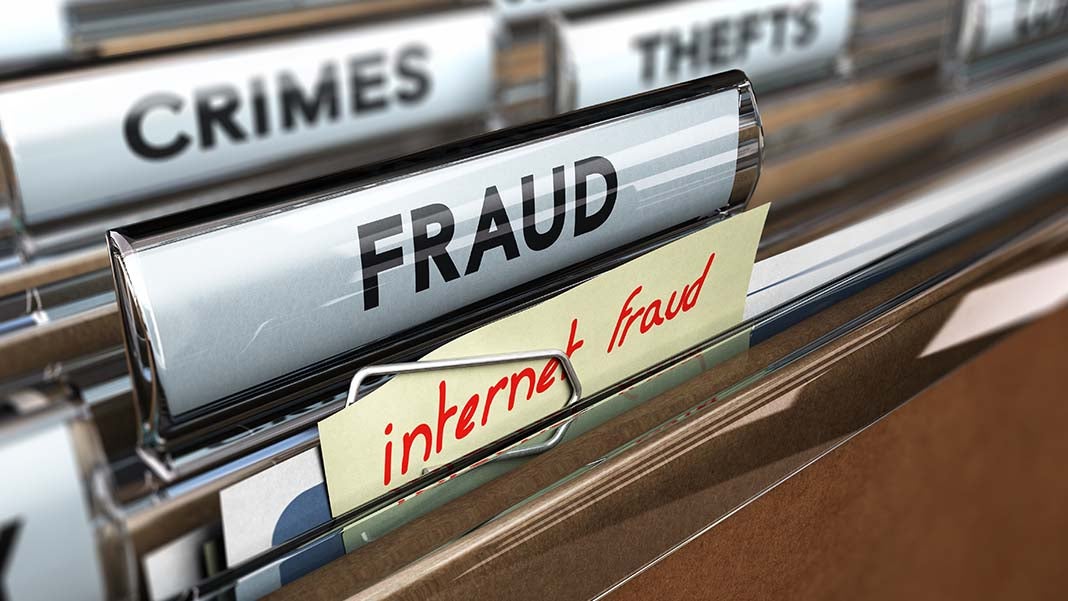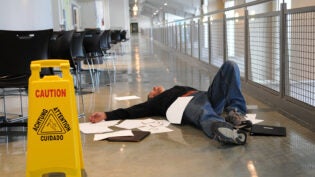
Corruption, embezzlement, fraud, these are all characteristics which exist everywhere. It is regrettably the way human nature functions, whether we like it or not. What successful economies do is keep it to a minimum. No one has ever eliminated any of that stuff.
~Alan Greenspan
According to the Small Business Administration small businesses lose on average $155,000 each year through fraud and this growing over time. Some estimates put fraud loss at 5% of businesses sales. Fraud is more common in smaller businesses, as they just do not have the resources in place to prevent it. Additionally, fraud is one of those issues that need continuing monitoring and just not a one-time fix to be effective.
Fraud is defined as the wrongful or criminal deception intended to result in financial or personal gain. It is important to note that more fraud comes from trusted employees than anywhere else.
Related Article: How to Combat Small Business Fraud
A local firm had a bookkeeper that was almost considered part of the owner’s family. He had been employed with the firm for over 10 years where he managed to steal over $500,000 by writing checks or withdrawing funds electronically to himself every two weeks. He was able to get by with this, as he was the one that reconciled the bank statements. He was only caught as the owner needed to find a check and just happen to come across all of his checks and withdrawals.
The hardest thing in this case for the owner was not the money but the loss of trust. He felt betrayed and it took him a long time to get over this.
Here are some ways to prevent fraud. First, consider doing a background checks criminal and financial on any potential new hire that will be handling money or can affect money. Several times I have seen employees that did purchasing for a companies that were receiving large kickbacks from companies they were purchasing large volume of goods from.
Second way to prevent fraud is to have regular training for all staff on what to look for to prevent fraud and misuse of company information. Many accounting firms offer this service.
Third, make sure that the person who writes the checks and issues payment and the person that reconciles them are two different people and are not friends.
Forth, have a dedicated computer for all banking activities that is not used for anything else. Computers that can visit various social media sites and web surfing make the firm’s financial data very vulnerable.
Fifth, develop an approval for large purchases that two managers have to sign off on.
Sixth, validate time sheets for correct hours, rate, and overtime. By far, this is the most common fraud that I have seen over the years.
If you do catch an employee stealing in any way then you need to turn them into the authorities to insure that no other firm has a similar type of experience. After all, if you do not report them then you are allowing them to continue this behavior with very little consequences.
For every dollar you can stop in fraud, this same dollar will hit the bottom line. Now go out and make sure that you have a fraud detection plan in place.
You can do this.
2629 Views












